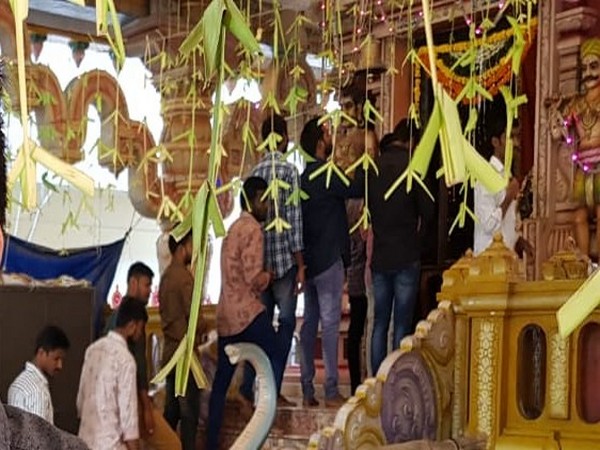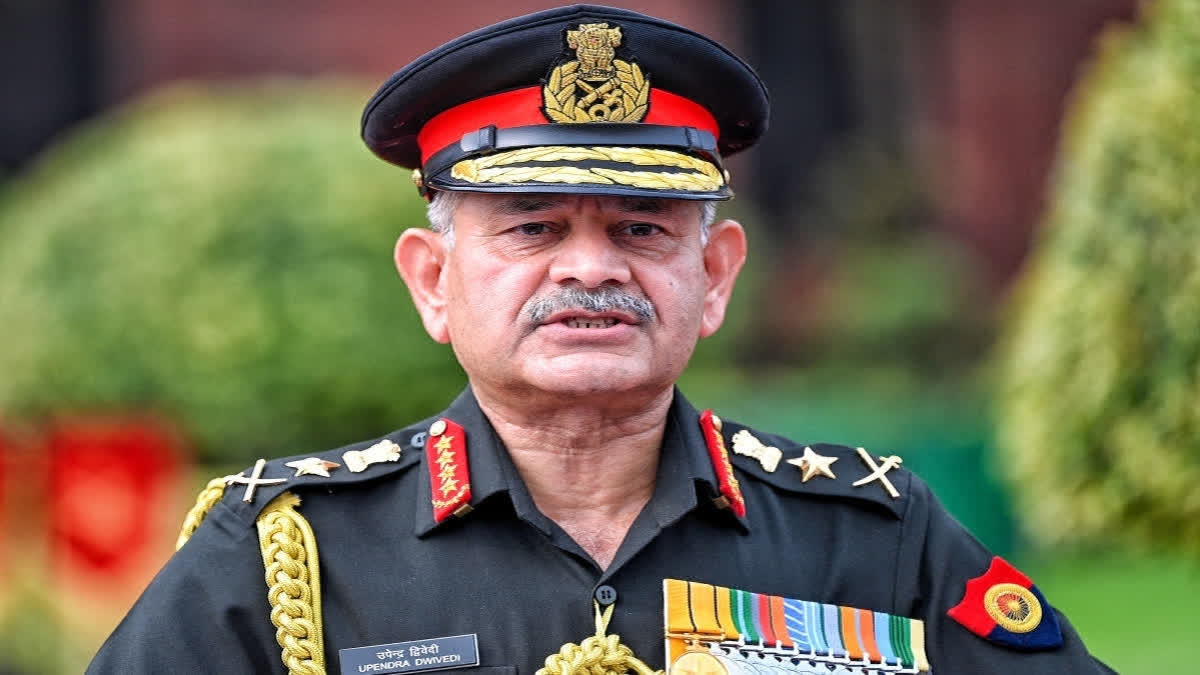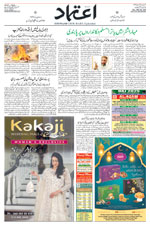Shashi Tharoor says New India should be rooted in pluralism
Mon 17 Aug 2020, 17:26:30
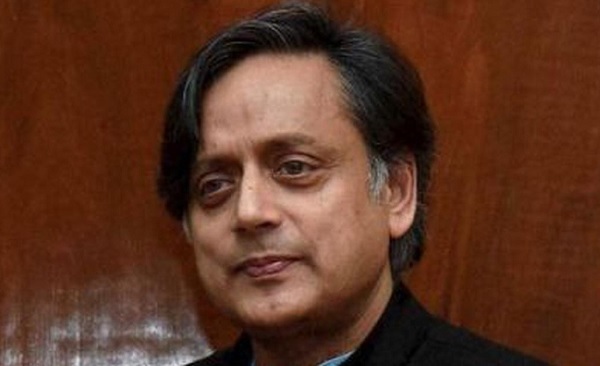
NEW DELHI: As India approaches 75 years of existence as an independent nation, Congress MP Shashi Tharoor said though India has made tremendous progress in some areas, in others there has been “disappointing regression". His vision for a “New India" in the coming decades is a country firmly rooted in “pluralism." With a belligerent China against the backdrop, India has the opportunity to be a beacon of democratic and economic hope in South East Asia and offer a new leadership in the vacuum, he says. For China in the wake of recent tensions, Tharoor supports a strategy that looks at “constraining" China rather than “containing" it, which is hostile. Edited excerpts from an interview:
India on Saturday celebrated 73 years of independence. How do you look at India’s journey so far in terms of having achieved its place in the world?
I think we have made enormous progress, but there has recently been a disappointing regression. For some time now, the world has been troubled by an India that is seen as increasingly bigoted and intolerant, one that is willfully driving sectarian wedges between its people and being overtaken by an intolerant majoritarianism that has no appeal to the world outside. For years, India was seen as an example and a model for other countries in the developing world. Now, the ruling party’s sectarian, divisive actions, driven by narrow party-political goals, have severely dented that image.
What is your vision for a 'New India'?
I believe we must look to build a ‘New India’ that celebrates and welcomes pluralism. To me, this new India must be fundamentally rooted in the idea of India that our founding fathers believed in. We not only coexist, but thrive in our diversity, which I believe is our strength, not a weakness. Swami Vivekananda spoke of a Hinduism that not merely tolerates other faiths but accepts them as they are. It allowed people to retain their own identities and yet celebrate their Indianness. In the India of the BJP’s CAA (Citizenship Amendment Act) and NRC (National Registry of Citizens), this is more and more difficult – some would say impossible.
The Indian thought is that a country may suffer contrasts of aste, creed, colour, conviction, culture, cuisine, costume and custom, and still convention around an agreement. Furthermore, that accord is around the basic thought that in a majority rule government you don't generally need to concur—aside from on the standard procedures of how you will oppose this idea. Just because, we have a legislature that essentially doesn't acknowledge the set up guidelines of the most recent seven decades.
Where do you see India in the next 70 years?
Thriving, if we do the right things and do the things right! We have to overcome our poverty. We have to deal with the hardware of development -- the ports, the roads, the airports, all the infrastructural progress we need to make -- and the software of development, the human capital, the need for the ordinary person in India to be able to have a couple of square meals a day, to be able to send his or her children to a decent school, and to aspire to work a job that will give them opportunities in their lives to transform themselves. We have to tackle and end corruption. But, at the same time, it is imperative that this journey takes place in an open and inclusive society, in a rich and diverse and plural civilisation, in one that is open to the contention of ideas and interests within it, unafraid of the prowess or the products of the outside world, wedded to the democratic pluralism that is its greatest strength, and determined to liberate and fulfil the creative energies of its people. As a cautious optimist I am confident that this is a view shared by many of my fellow countrymen, who will continue to fight for these ideas.
The world suddenly seems a more uncertain place — there is increasing nationalism, globalisation is seen as a bad word suddenly. How do you see India navigating these challenges?
Though it is too early to assert this with any certitude, it seems increasingly likely that covid-19 will inaugurate an era of deglobalisation. The signs are mounting that the world may embrace isolationism and protectionism in a far more enthusiastic way than prior to the outbreak, including in India.
The pandemic has confirmed, for many, that in times of crisis, people rely on their governments to shield them; that global supply chains are vulnerable to disruption and are therefore unsustainable; and that dependence on foreign countries for essential goods (such as pharmaceuticals or even the ingredients needed to make them) could be fatal. There is a rush to reset global supply chains and raise trade barriers. The demand for more protectionism and “self-reliance" (echoed in Prime Minister Narendra Modi’s call for “aatmanirbharat"), for bringing manufacturing and production value chains back home or at least closer to home, is mounting. This could feed into a larger isolationist
position and a more protectionist outlook in India.
position and a more protectionist outlook in India.
Is there a new Cold War shaping up? How/where do we fit into this kind of a world?
The trend in India at the moment appears to be geared towards self-reliance and developing a more protectionist outlook. At the same time, we should recognise that in the wake of a belligerent China, India has the opportunity to be a beacon of democratic and economic hope in South East Asia and offer a new leadership in the vacuum created by the alienation that Chinese belligerence has provoked in most of its neighbours. Our neighbours can look to India as a model to be inspired by, including for the success with which we have maintained our democratic heritage despite the strain and stress of time.
But for us to offer this kind of leadership to the world that is watching our every move with interest, we certainly need to get our own house in order. Actions like the CAA, for instance, or the clamping down on J&K overnight, do not endear us to our neighbours. Shock-and-awe economic policymaking like demonetisation and the botched implementation of GST would also be reviewed as case studies for what countries should not do to their citizens. Such actions will cost us the moral leadership India used to historically command.
How you see the India-China relationship shaping up in the coming decades?
I do believe that the most recent example of Chinese belligerence in the Galwan Valley, clearly marks a shift in the longstanding status quo at the border, and signals the end of China’s self-proclaimed “peaceful rise." Under Xi, China seems much more willing to demonstrate openly that it is the region’s preponderant power. We have already seen this in the South China sea, with Vietnam, Malaysia, Indonesia and so on. By taking a tough stand on the Indian border too, China is showing the world, especially the US that it is not intimidated by Donald Trump’s bluster, and that other Asian countries should fall into line. The dispute keeps India off-balance, China’s encouragement to and support for Pakistan puts us on the defensive, and the perception of being pushed around and ceding territory undermines our global stature.
At the same time, we must recognise that the India-China relationship is nothing if not complicated. The wounds of the 1962 war never healed, yet annual bilateral trade has grown to $92.5 billion, albeit overwhelmingly in China’s favour. Moreover, China uses its alliance with Pakistan to needle, distract, and confine India within its own sub region. India cannot afford to take China’s latest aggression lying down not least because we have a strong interest in proving to would-be aggressors – not least Pakistan – that we are no pushover.
We have to stand up the bully, but do so without pushing it over the edge into open conflict. I see merit in us continuing to engage China bilaterally and multilaterally, while trying to constrain, rather than contain, its assertiveness. A containment strategy refuses engagement and persuasion; it is a hostile policy. Constraining, on the other hand, engages with the adversary to restrict or limit the destabilising aspects of its behaviour. It is a means of China’s neighbours using their diplomatic, geopolitical and military leverage to manage Beijing’s ambitions in a manner that limits how much it can get away with. Whatever we do, the hopes raised by Mr Modi’s 18 meetings with President Xi and all the talk of the “Wuhan spirit" and a “new era of co-operation" can definitely be buried.
What about India’s ties with Pakistan?
The challenge with the India-Pakistan relationship is not in our people to people relations, in which we share many common cultural instincts and interests, but in the nature of the Pakistani state, and more specifically its Army, which wields an enormous influence on the positions adopted by the state. As I have often pointed out, in India the state has an Army, but in Pakistan, the Army has a state. So the real problem with India and Pakistan is that the military authorities in Pakistan have shown little interest in reviving ties with India, because the narrative of the enemy neighbour, allows them to continue to command the kind of resources and power that they enjoy within Pakistan. Now Chinese patronage and the infusion of $60 billion of Beijing’s money for the China-Pakistan Economic Corridor will further embolden the Pakistani regime. Given their little interest in peaceful ties, even if our two governments manage to maintain open channels, little of substance is likely to come out of this.
When I chaired the Parliamentary Standing Committee on External Affairs, we submitted an excellent report recommending liberalisation of people-to-people relations and trade while mistrusting the official institutions of the state. The Modi government has done nothing to convey to the Indian public that it has an eyes-wide-open vision of the situation and a coherent policy to go with it.
No Comments For This Post, Be first to write a Comment.
Most viewed from National
Most viewed from World
AIMIM News
Delhi Assembly polls: Owaisi leads Padyatra in Okhla
Feb 01, 2025
We reject this Waqf Amendment Bill: Asaduddin Owaisi
Jan 30, 2025
Latest Urdu News
Most Viewed
May 26, 2020
Which team will win the ICC Men's Champions Trophy 2025 held in Pakistan/Dubai?
Latest Videos View All
Like Us
Home
About Us
Advertise With Us
All Polls
Epaper Archives
Privacy Policy
Contact Us
Download Etemaad App
© 2025 Etemaad Daily News, All Rights Reserved.

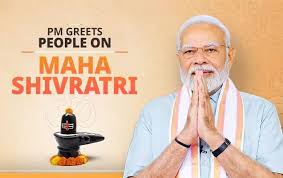
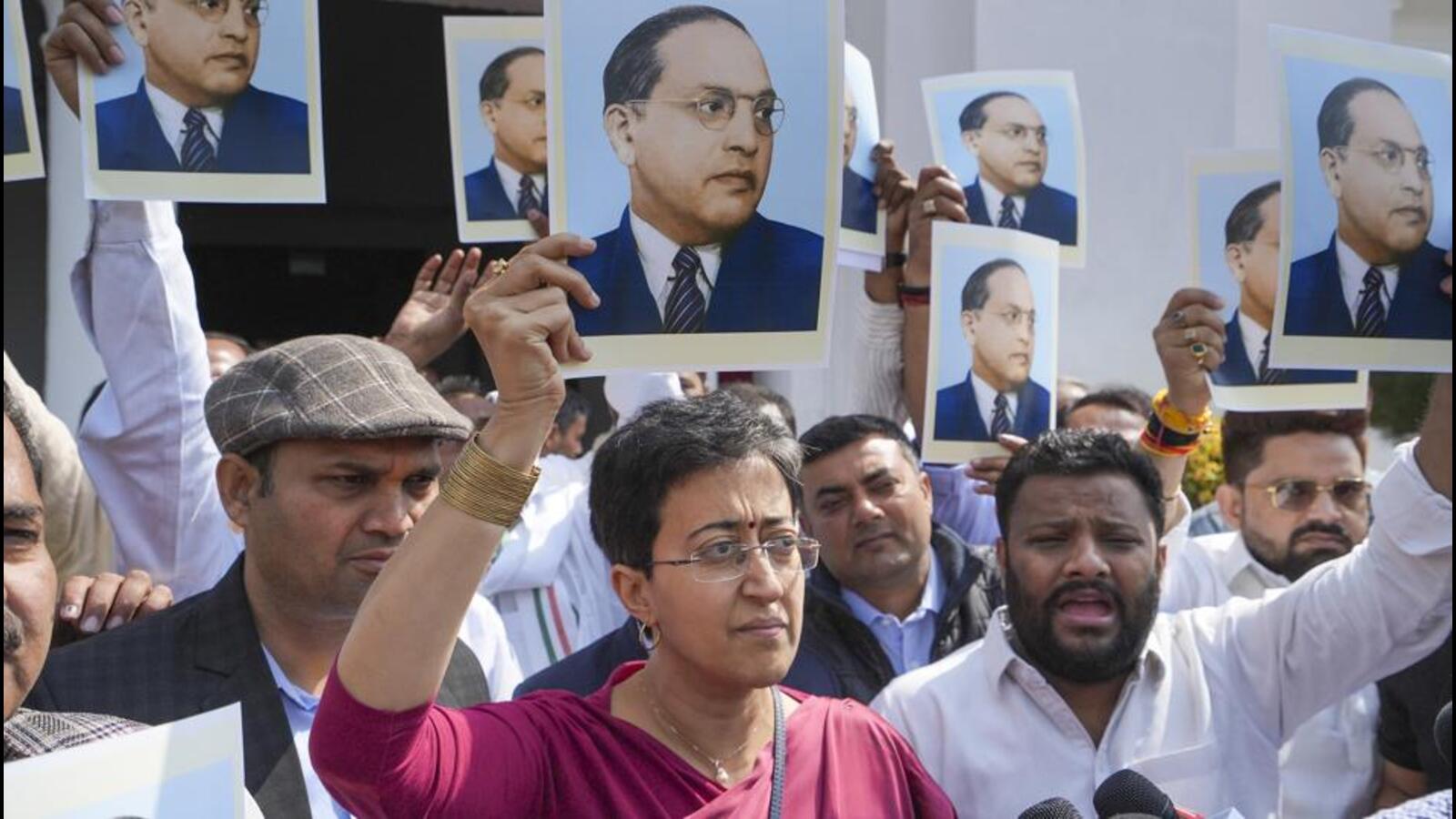
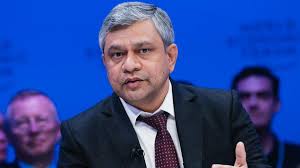

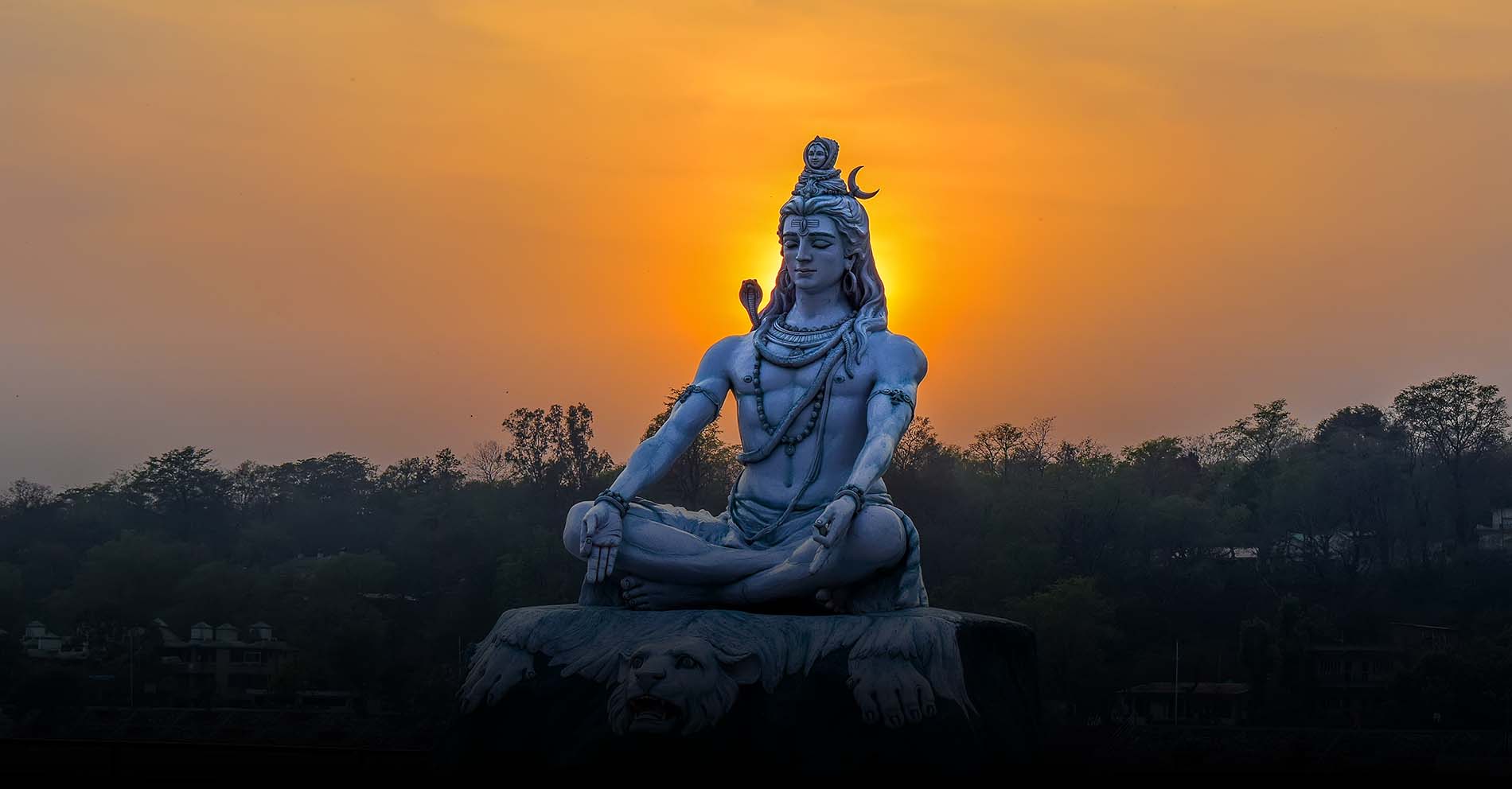
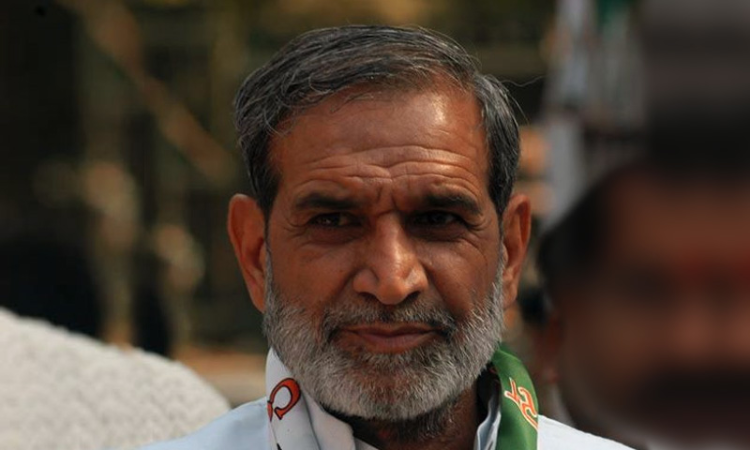

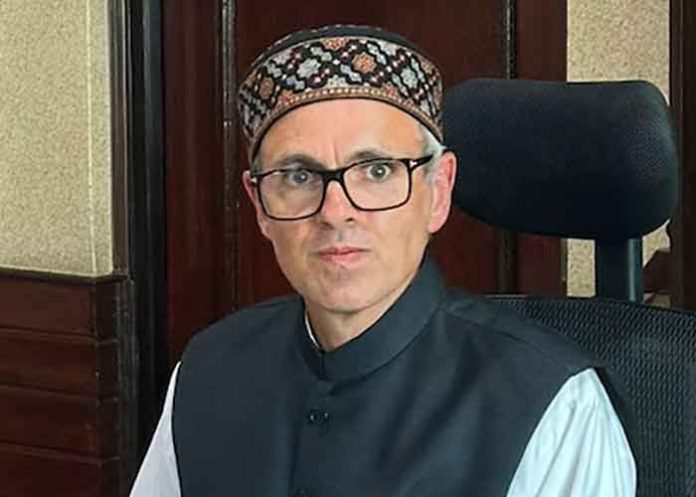
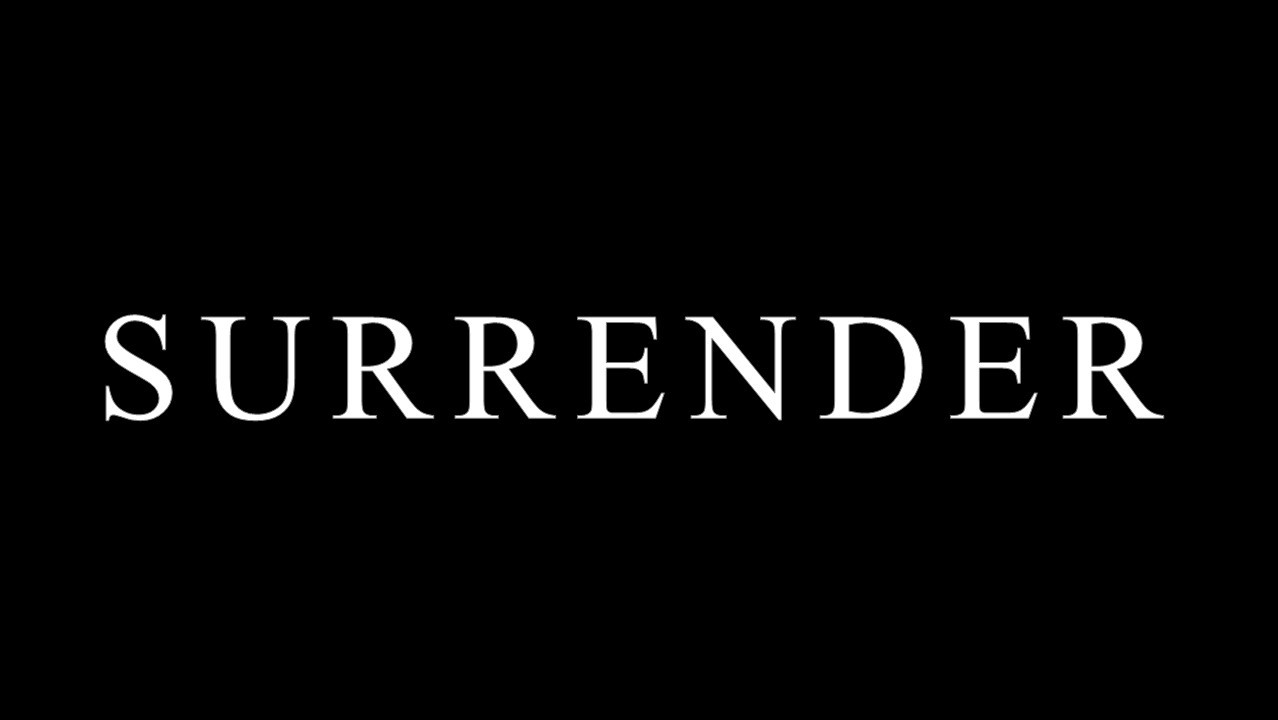
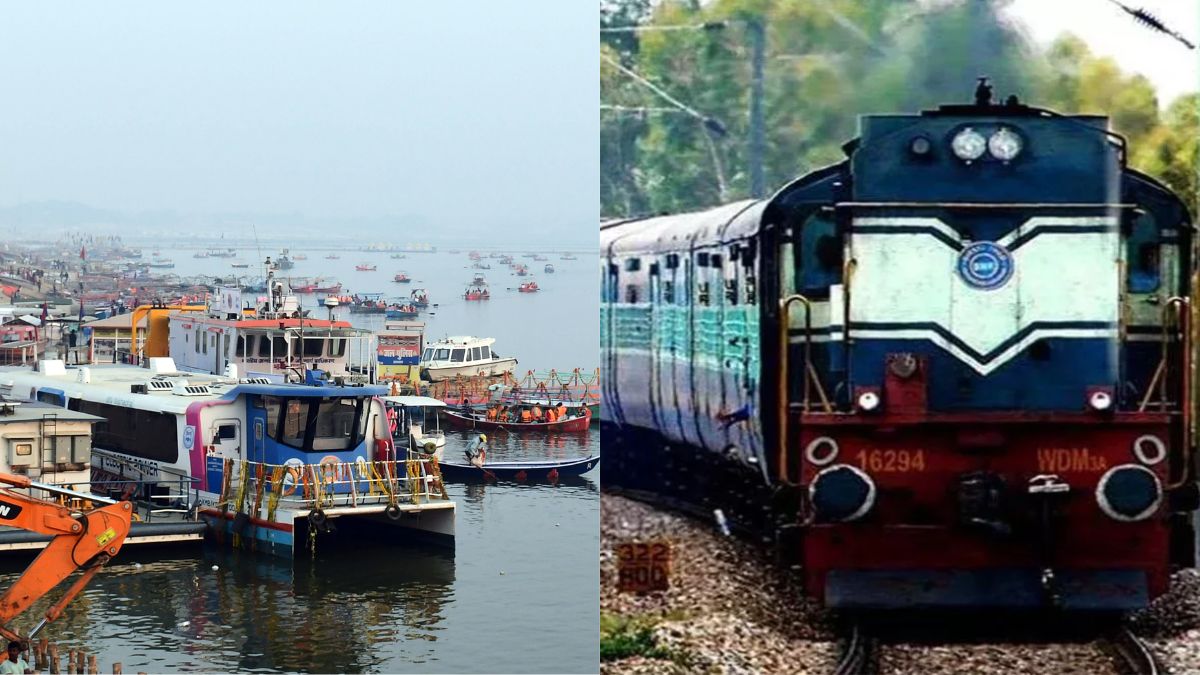
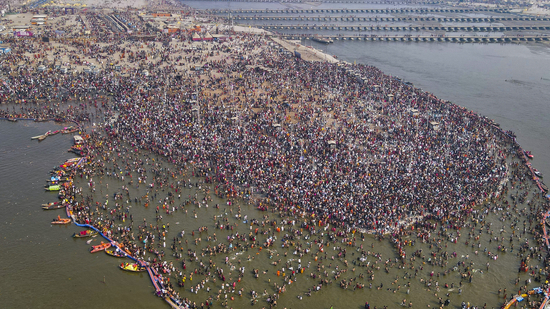
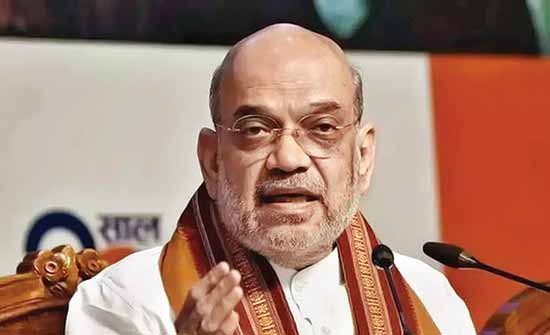
.jpg)
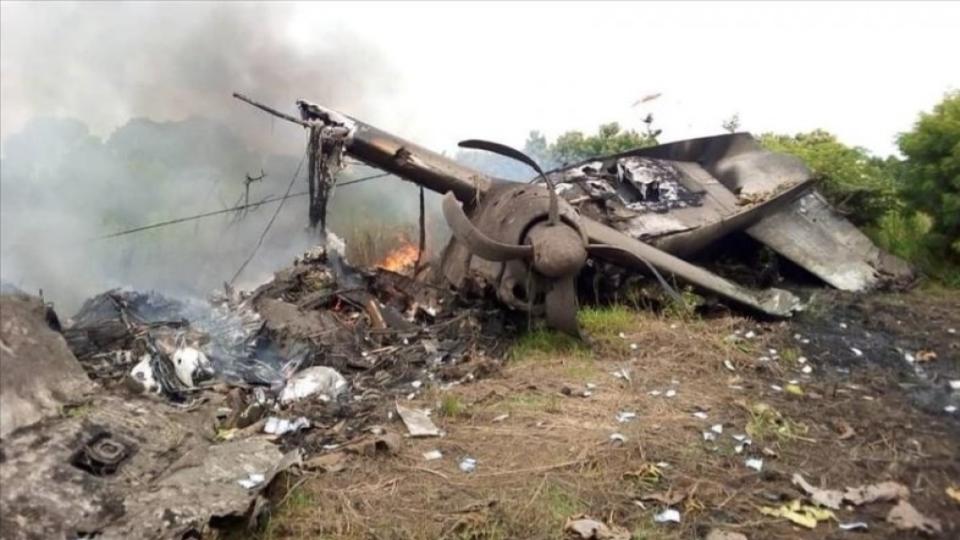
.jpg)
.jpg)
.jpg)
.jpg)
.jpg)
.jpg)
.jpg)
.jpg)
